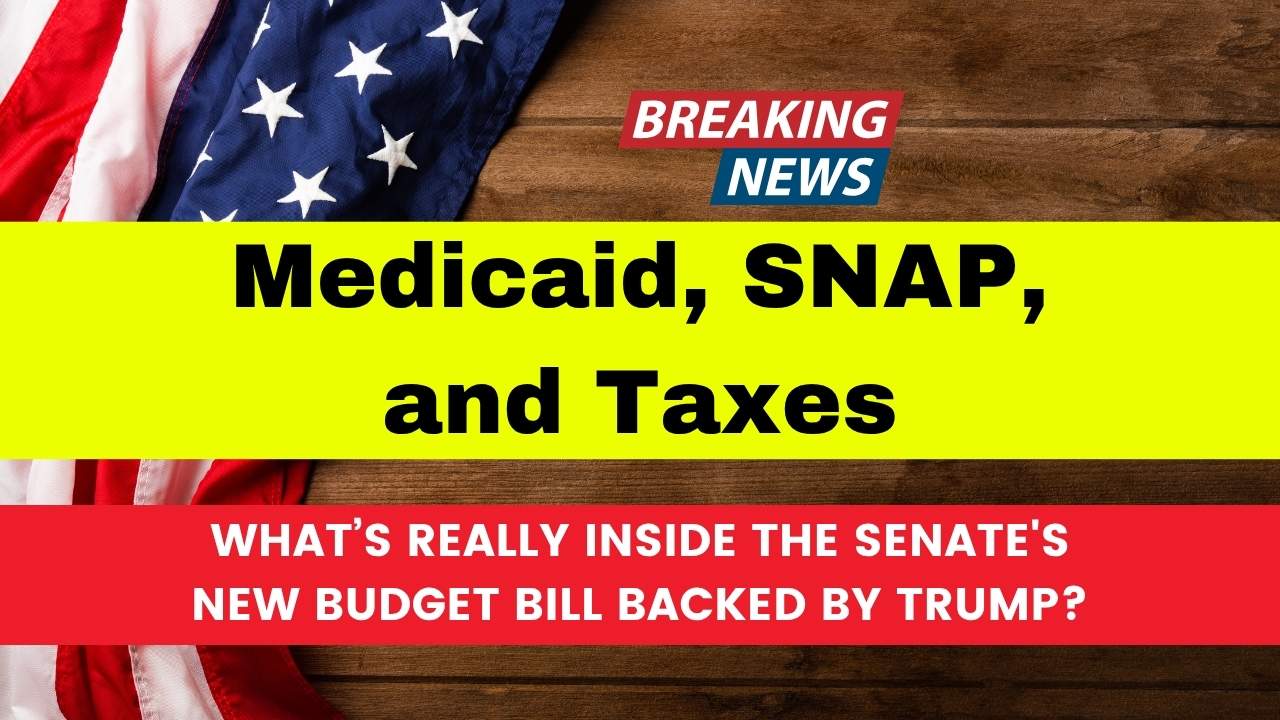UK Confirms Winter Fuel Payments for Nine Million Pensioners: The UK government has officially reinstated Winter Fuel Payments for the 2025–26 winter season, offering much-needed financial relief to more than nine million pensioners across England and Wales. This announcement marks a dramatic reversal of last year’s controversial decision to limit payments to only those on Pension Credit.
As the cost-of-living crisis continues to strain household budgets—especially for those on fixed incomes—this renewed support will help ensure older citizens can heat their homes during the coldest months of the year. Winter Fuel Payments are not just financial assistance; they are a symbol of how society supports its elderly population. This guide unpacks everything you need to know about the program: who qualifies, how much they’ll receive, how it’s paid, and why this change matters now more than ever.
UK Confirms Winter Fuel Payments for Nine Million Pensioners
The restoration of Winter Fuel Payments for 2025–26 reflects not only policy flexibility but a broader commitment to the well-being of older citizens. At a time of continued economic stress, the payment will ease the burden of heating costs for millions. With clear eligibility, automatic processing, and integration with other support programs, it’s a smart, compassionate response to a national issue. Whether you’re planning for your own household or supporting an aging loved one, being informed about your entitlements is the first step to staying warm—and financially secure—this winter.
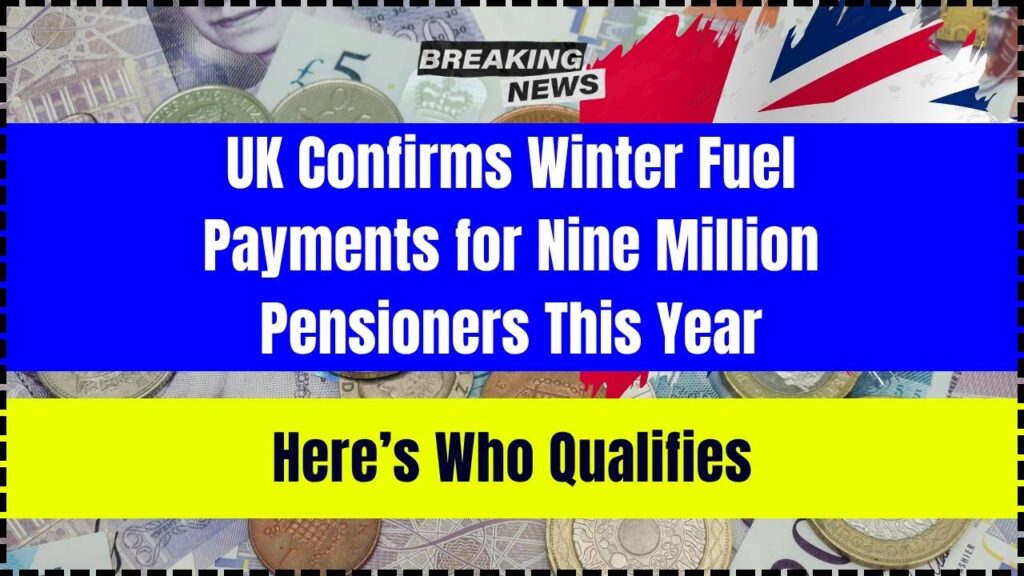
| Category | Details |
|---|---|
| Program | Winter Fuel Payment (WFP) |
| Eligible Recipients | ~9 million pensioners across the UK |
| Age Requirement | Born on or before 21 September 1959 |
| Income Threshold | £35,000 per individual taxable income |
| Payment Amount | £200–£300 per household |
| Payment Method | Automatically via DWP and HMRC |
| High-Income Reclaim | Yes, for those earning over £35,000 (via PAYE or Self-Assessment) |
| Delivery Time | November–December 2025 |
| Total Government Spend | Estimated £1.25 billion |
| Official Resource | GOV.UK – Winter Fuel Payment |
Background: What Is the Winter Fuel Payment?
First introduced in 1997, the Winter Fuel Payment is a tax-free annual allowance offered to help pensioners with heating costs during the coldest months. Over the years, it has evolved—but always aimed to reduce fuel poverty and help those most at risk.
In 2024, eligibility was significantly narrowed by the government, limiting the payment only to those on Pension Credit, affecting over 7.5 million seniors. This sparked criticism from advocacy groups, media, and Members of Parliament, with many claiming it left too many vulnerable pensioners unsupported during a time of economic instability.
Now, in a major policy shift, the government has re-extended the benefit to a broader base, reaffirming its commitment to supporting older citizens during the winter.
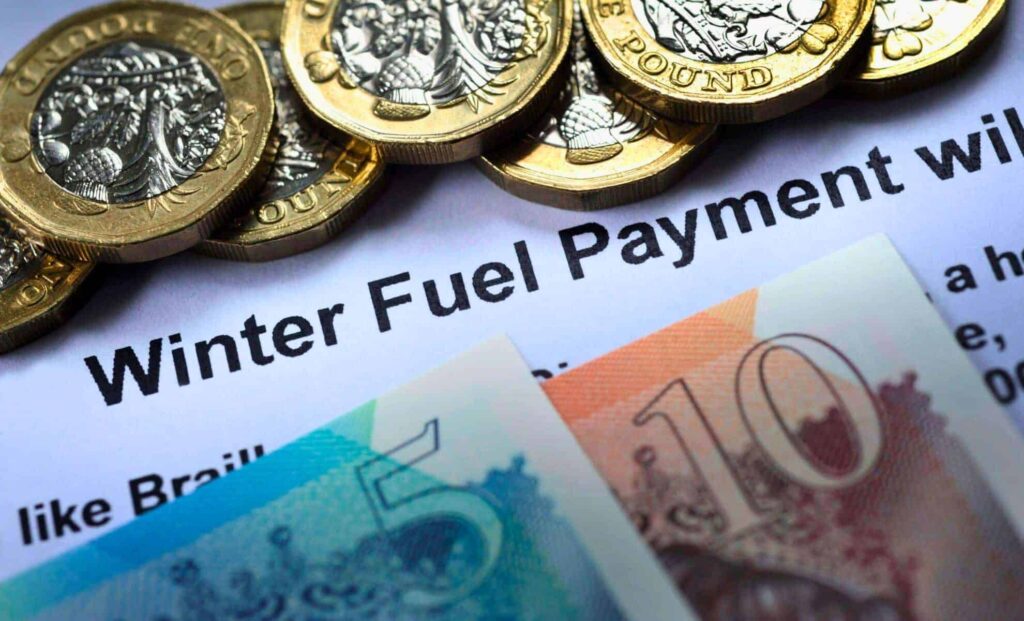
Who Is Eligible for Winter Fuel Payments in 2025–26?
To qualify for the Winter Fuel Payment this year, individuals must meet both of the following criteria:
- Be born on or before 21 September 1959, meaning you must be at least 66 years old during the qualifying week (15–21 September 2025).
- Have a taxable income of £35,000 or less per year. This includes income from employment, pensions, investments, and most benefits.
Unlike some other benefits, this program does not require an application. If you’re eligible, you’ll receive the payment automatically based on HMRC and DWP data.
For those earning more than £35,000 annually, the government will still issue the payment, but it will be clawed back through taxation—either via Self-Assessment or automatic PAYE adjustments.
How Much Will You Receive Winter Fuel Payments for Nine Million Pensioners?
The amount you receive depends on your age and living situation. Here’s a breakdown:
| Household Type | Payment Amount |
|---|---|
| Single pensioner under 80 | £200 |
| Single pensioner 80+ | £300 |
| Couple both under 80 | £100 each |
| Couple, one aged 80+ | £150/£100 |
| Couple both 80+ | £150 each |
Even if both people in a couple qualify, the payment is typically split between them, so the full benefit is allocated per household.
Payment Timeline: When to Expect the Money
Winter Fuel Payments for the 2025–26 season will be made automatically between November and December 2025. The deposit will show in your bank account under a clear payment reference from the DWP.
If you do not receive the payment by January 15, 2026, it’s recommended to contact the Winter Fuel Payment Centre immediately to report the issue.
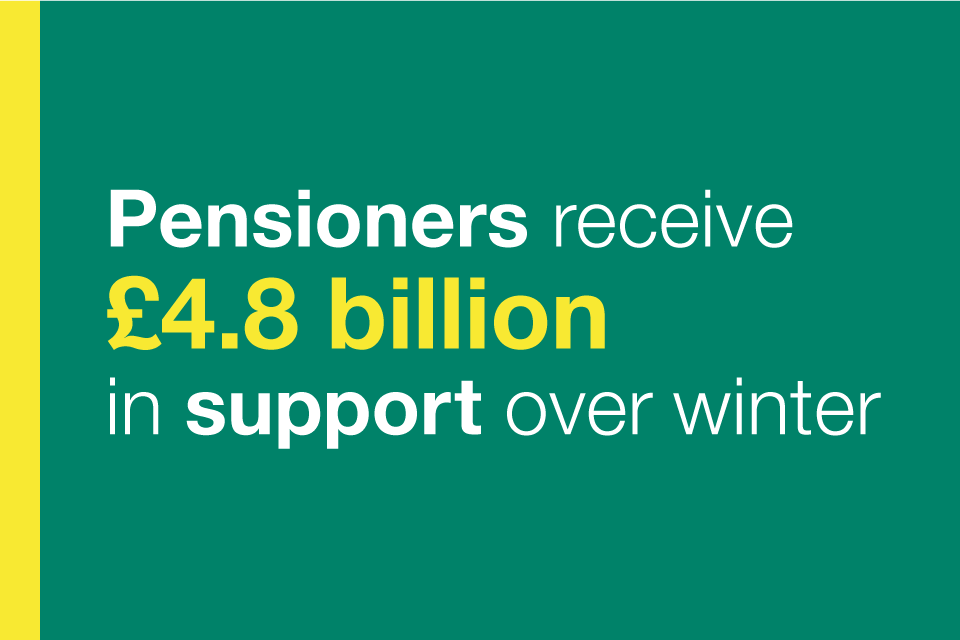
Income Assessment: What Counts?
The £35,000 income cap refers to individual taxable income, not household income. This includes:
- Wages and salaries
- Occupational or private pensions
- Rental income
- Dividends, savings interest
- Most taxable benefits (e.g., Jobseeker’s Allowance)
Non-taxable benefits like Attendance Allowance, Housing Benefit, and Disability Living Allowance do not count toward this threshold.
This means that even if you and your partner jointly earn over £70,000, you may still receive the full payment if each of your individual incomes is below £35,000.
What’s Behind the Policy Reversal?
Several key factors pushed the UK government to reverse last year’s decision:
- Public backlash: Limiting the payment only to Pension Credit recipients excluded more than 7.5 million pensioners, triggering widespread criticism.
- Rising energy prices: Despite slight reductions, average household fuel bills remain around £2,600/year, nearly double pre-pandemic levels.
- Health and welfare concerns: Studies show elderly people living in cold homes are at a significantly higher risk for respiratory illness, depression, and hypothermia.
- Political pressure: Opposition parties and some MPs within the governing party demanded action ahead of the general election.
In response, the government not only reinstated payments but also set the income cap higher than in previous discussions, allowing more pensioners to benefit.
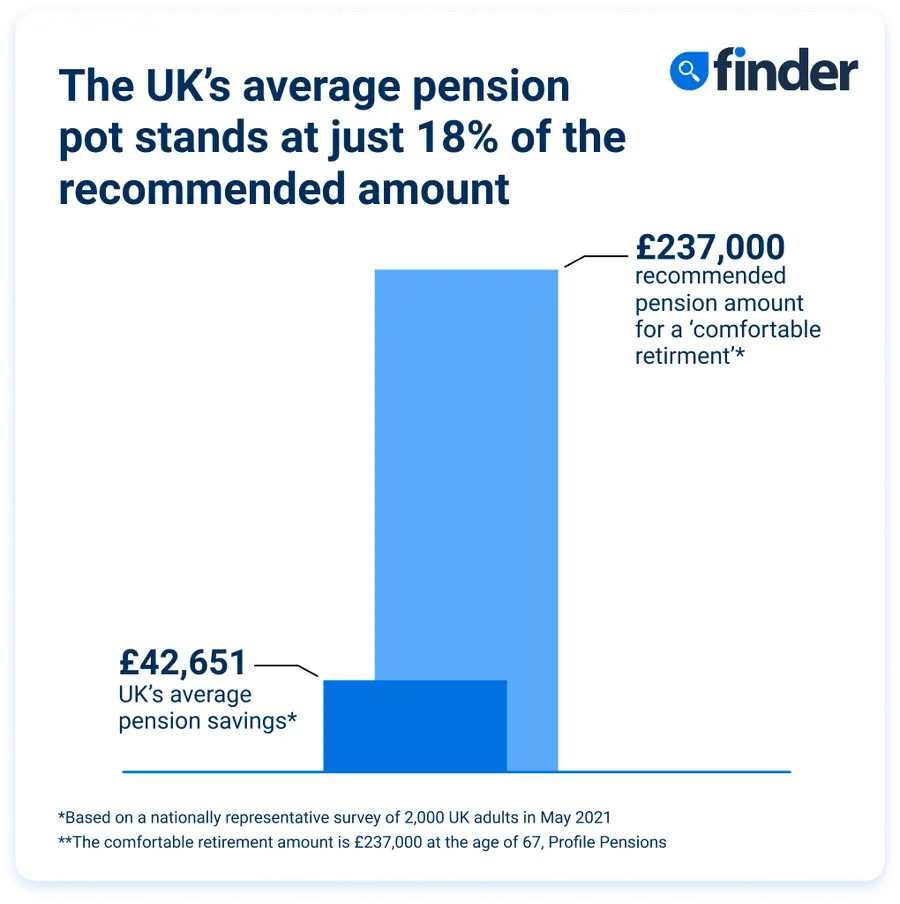
Potential Pitfalls and Common Mistakes
Here are some things to watch out for:
1. Not Updating Personal Information
If you’ve recently changed your bank, moved homes, or updated your tax status, and that data hasn’t been shared with HMRC or DWP, it may delay your payment.
2. Scams and Fraud
Beware of scam messages pretending to be from the government. The DWP will never ask for your bank details via text or email. Report suspicious activity immediately at gov.uk/report-suspicious-emails-websites-phishing.
3. Confusion Over Repayment
If you earn over £35,000, you must declare the payment on your tax return or it may be reclaimed incorrectly. If you’re employed, expect an updated PAYE code from HMRC.
Winter Fuel Payment vs. Other Assistance
The Winter Fuel Payment is one part of a broader winter support ecosystem in the UK, which includes:
- Cold Weather Payment: £25 for every 7-day period of very cold weather (below 0°C) from November to March. Automatically paid to those on qualifying benefits.
- Warm Home Discount Scheme: £150 one-off discount on electricity bills for eligible low-income households.
- Household Support Fund: Emergency help distributed through local councils, often used for food, utility bills, or essential items.
These schemes are complementary—and in some cases, individuals may qualify for more than one.
Case Study: A Look at Who Benefits
Margaret, 79, from Kent, lives alone and receives a state pension and small annuity income totaling £28,000. She qualifies for the full £200 payment.
John and Eileen, a couple in their 80s with private pensions and modest investments (each earning ~£34,000), qualify for £150 each—but because John earns £38,000 this year, he’ll need to repay his share via HMRC.
These real-life examples show how income level and age both influence benefit levels.
Expert Commentary
Dr. Susan Clark, a senior policy analyst at Age UK, praised the reversal:
“The restoration of Winter Fuel Payments is not just about money—it’s about dignity, safety, and public health. We applaud this decision and hope the government continues to support vulnerable pensioners.”
Meanwhile, Paul Johnson from the Institute for Fiscal Studies cautioned:
“With increased spending commitments like these, the government must either raise taxes or reduce spending elsewhere. It’s a short-term win, but sustainability will be key.”
UK Driving Licence Overhaul Incoming – What Every Driver Must Know in 2025!
Thousands of UK Pensioners Could Be Owed £11,725—Check This DWP List Now
DWP Confirms 2025 Benefits Boost—Here’s How It Will Impact Millions of UK Households




